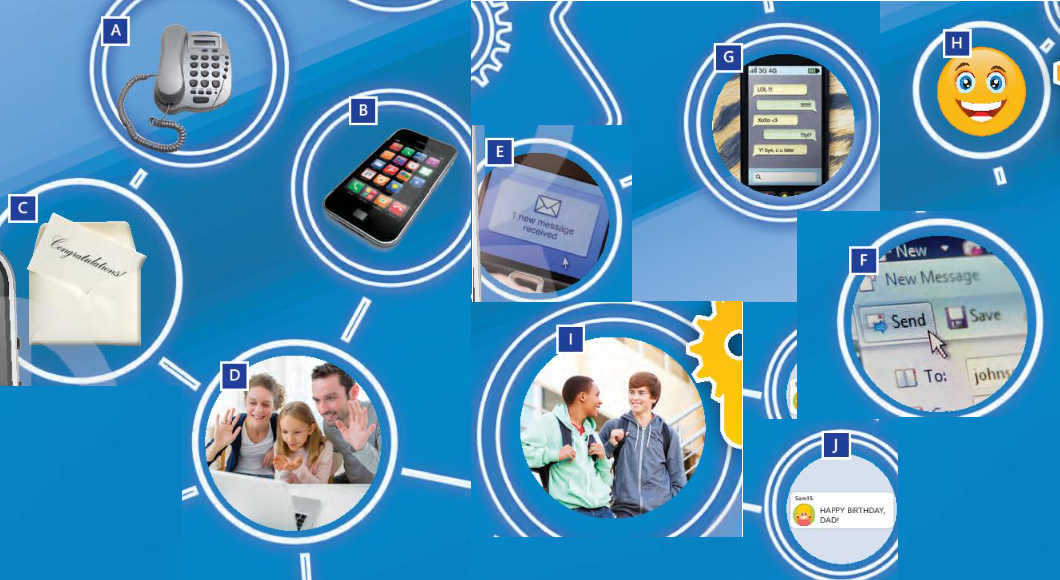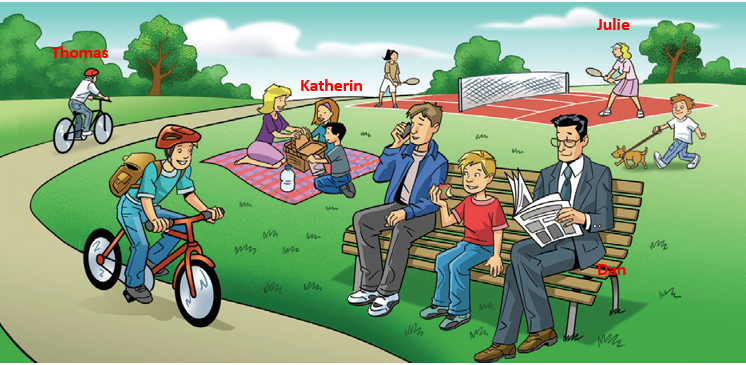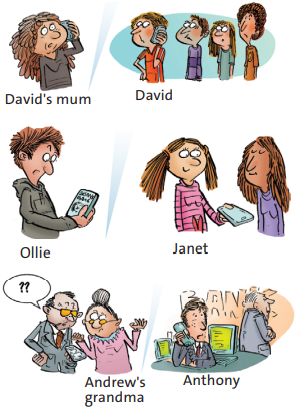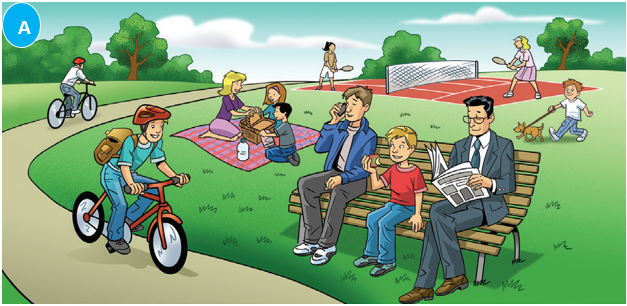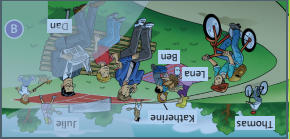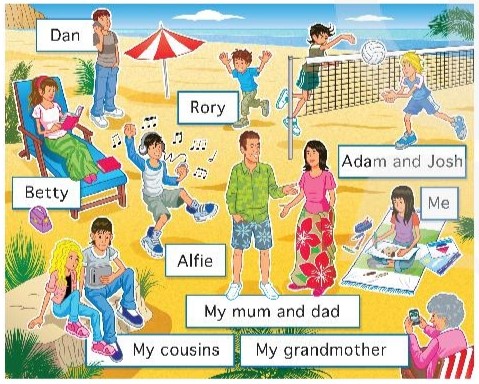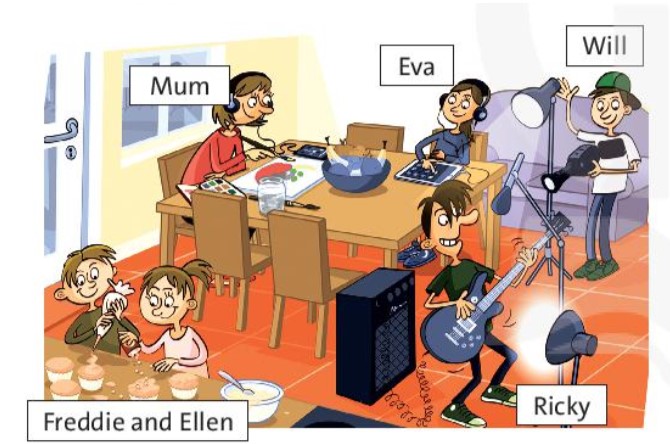STARTER UNIT
Bài tập Starter Unit
UNIT 1. MY TIME
Bài tập Unit 1
UNIT 2. COMMUNICATION
Bài tập Unit 2
UNIT 3. THE PAST
Bài tập Unit 3
UNIT 4. IN THE PICTURE
Bài tập Unit 4
UNIT 5. ACHIEVE
Bài tập Unit 5
UNIT 6. SURVIVAL
Bài tập Unit 6
UNIT 7. MUSIC
Bài tập Unit 7
UNIT 8. I BELIEVE I CAN FLY
Bài tập Unit 8
REVIEW
Bài tập Review
Giải SGK, SBT Unit 2. Communication Friends Plus
Giải SGK, SBT Unit 2. Communication Friends Plus
77 câu hỏi
Tự luận
Câu 22 :
2. Match 1–6 with a–f. Listen and check.
(Ghép 1–6 với a – f. Nghe và kiểm tra.)
|
1. I’m afraid … 2. His phone’s ringing, … 3. Wait! Wait! Please, … 4. Sorry, I can’t hear you. 5. Oh, I need to top up my phone. 6. Hello, is that Susan? |
a. I haven’t got any credit. b. … but he’s not answering. c. Can you speak up? d. … you’ve got the wrong number. e. … don’t hang up. f. No, it’s Janet. |
CÁC BÀI TẬP KHÁC


